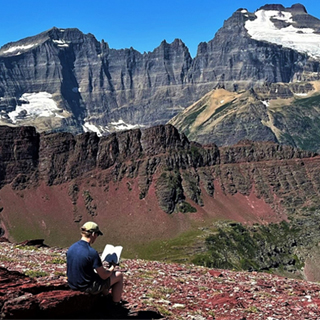Literature Courses
Fall 2023
CRN 72120 / 3 Credits
Monday / Wednesday / Friday 11:00am – 11:50am
Ann Emmons
Study of how readers make meaning of texts and how texts influence readers. Emphasis on interpreting literary texts: close reading, critical analysis and effective writing. Prereq., WRIT 101 (or higher) or equivalent.
CRN 73615 / 3 Credits
Tuesday / Thursday 2:00pm – 3:20pm
Ann Emmons
An introduction to the techniques of reading and writing about poetry with emphasis on the lyric and other shorter forms.
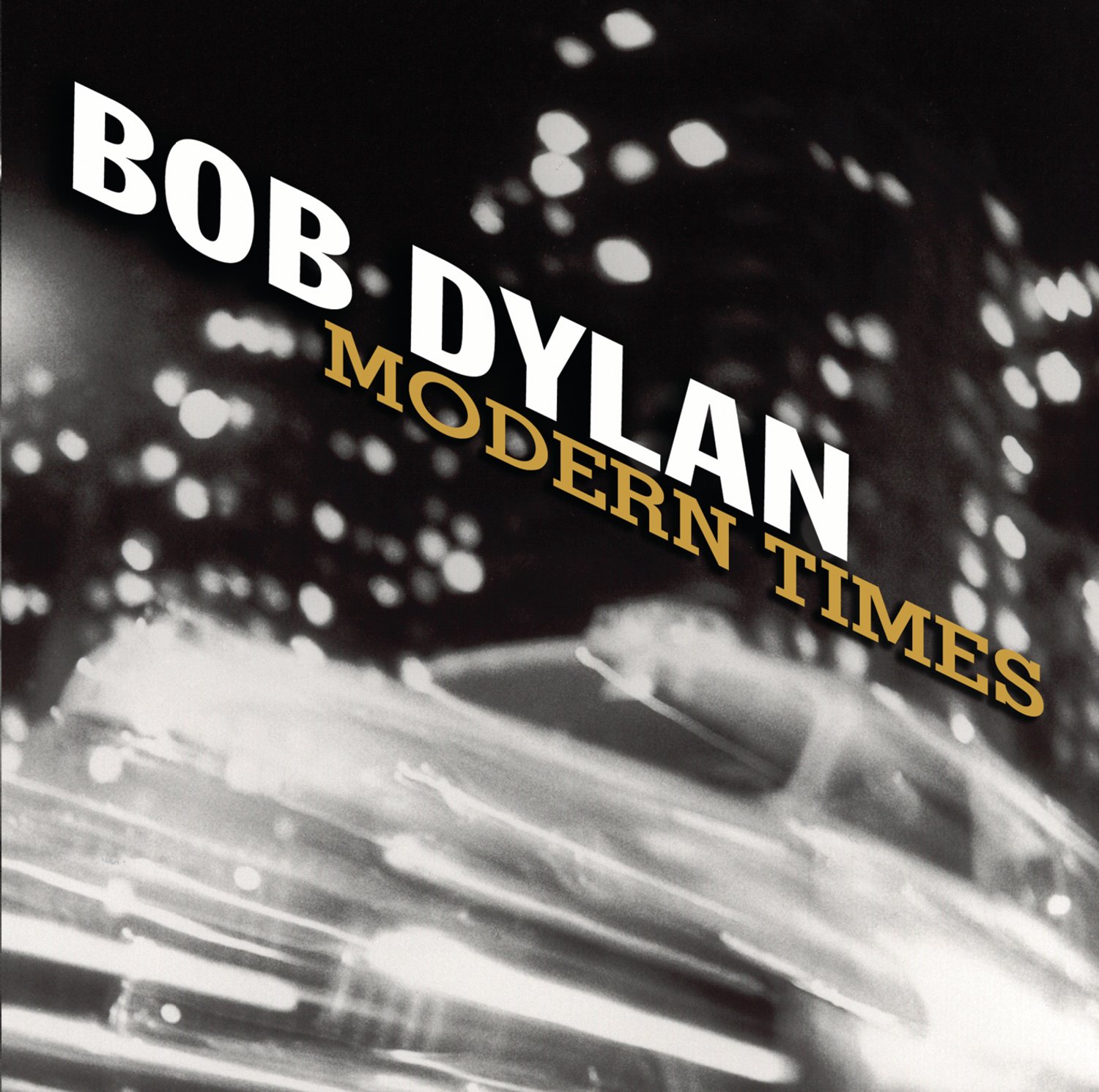
CRN 73616 / 3 Credits
Monday / Wednesday 2:00pm – 3:20pm
Brady Harrison
LIT 236, a course in American literary and cultural history and the history of American popular music, explores the music, writings, and history of Bob Dylan, a winner of the Nobel Prize in Literature. Taking the 1960s as the primary focus of the course—with a look at and listen to some of his later work—we will situate Dylan’s songs in their historical, cultural, and especially musical contexts. We’ll explore his roots in folk music and the blues and trace his evolution into a rock and country musician and, eventually, into a master of the broad palette of American music. Along the way, and as part of our efforts to situate Dylan in his times, we will also have the opportunity to read works by the Beats (particularly Ginsberg) and to study some of the history and literature of the American War in Vietnam. (Fair Warning: The material on the American War in Vietnam contains images of catastrophic violence and death.)
Please note that this course fulfills both the requirements for Group V: Literary and Artistic Studies (L) and the requirements for Group I: Writing (W; Intermediate College Writing).
REQUIRED TEXTS
Audio
- Selected Tracks by Bob Dylan & Others
- Dylan, Bob. Chronicles Volume One. (Simon & Schuster.)
- Ginsberg, Allen. Howl & Other Poems. (City Lights.)
Films
- Hayes, Todd. (dir.) I’m Not There.
- Scorsese, Martin. (dir.) No Direction Home.
- --. Rolling Thunder Revue: A Bob Dylan Story.
- Stone, Oliver. (dir.) Platoon.
Supplementary readings and films will also be assigned.
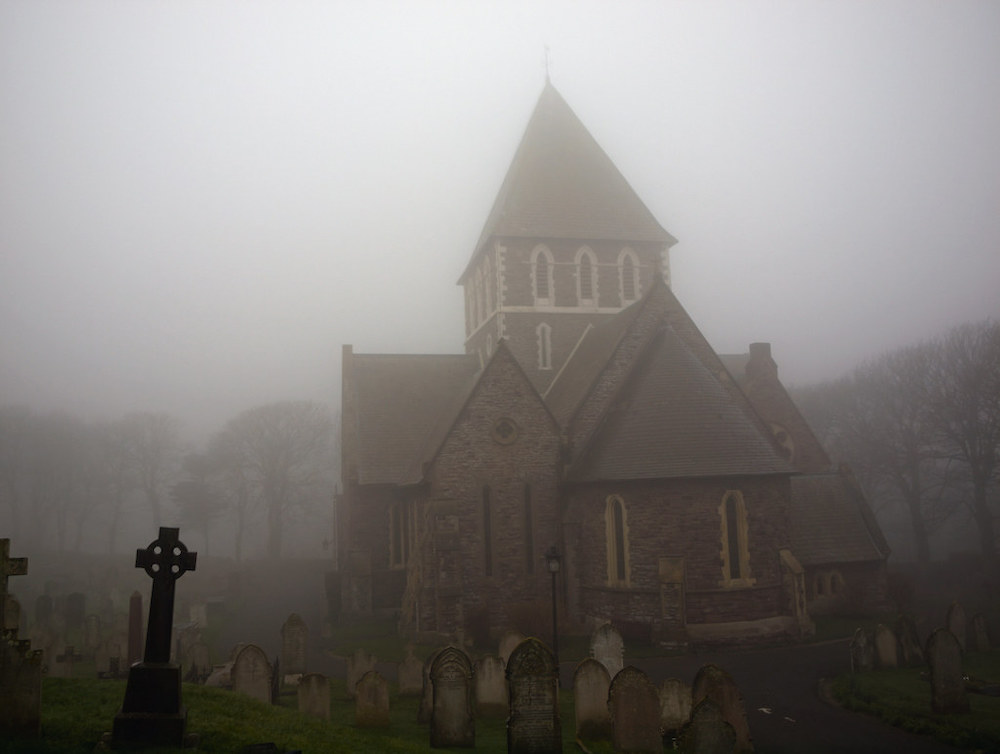
CRN 74317 / Credits 3
Monday / Wednesday / Friday 10:00am – 10:50am
Eric Reimer
This course will explore the rich and abiding tradition of the Irish ghost story. Ireland’s magical (and magically imbued) landscape – with its many ring forts, isolated hermitages, sacred caves, Neolithic portal tombs, and supposed meeting places of the faeries – seem to ensure that the supernatural and the spiritual remain part of daily existence for the Irish. We will consider how the currents of Irish folklore, the echoes and continuing resonance of its pre-Christian past, and, in particular, the appearance of ghosts (understood broadly) reveal something about the way the Irish view the world. The important part of our inquiry will be to uncover the cultural, psychological, and the socio-political implications of the presence of the supernatural, the unknown, the uncanny, and we will likely spend much time considering the spectral hauntings of Ireland as it responds to its various historical traumas (English occupation, the Great Famine, the War of Independence, the Northern Irish Troubles, etc.). Course texts may include Wilde’s The Picture of Dorian Gray, Stoker’s Dracula, Joyce’s “The Dead,” Friel’s Dancing at Lughnasa, Trevor’s Fools of Fortune, McPherson’s The Weir, O’Connor’s Star of the Sea, Deane’s Reading in the Dark, Neville’s Ghosts of Belfast, poetry by Heaney, Boland, and others, and assorted folk tales, as well as a full-length film and various visual art.
CRN 72940 / Credits 3
Tuesday / Thursday 11:00am – 12:20pm
Catalog: Prereq., open to students enrolled in the Wilderness & Civilization program for the Wilderness Studies minor. Literary study of nature writing and other genres introducing an ecocritical perspective, with revolving Anglophone texts.
Gen Ed Attributes: Lit & Artistic Studies (L)
CRN 71605 / 3 Credits
Tuesday / Thursday 3:30pm – 4:50pm
Katie Kane
Study of various literary theories and their application to literary texts. Prereq., WRIT 101 or equivalent, one intermediate writing course, and 6 credits of lower-division LIT or consent of instructor. Offered every term.
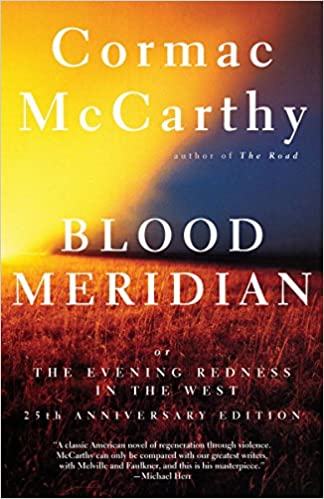
CRN 74318 / Credits 3
Monday / Wednesday 11:00am – 12:20pm
Brady Harrison
LIT 314, a course in American literary history, close literary analysis, and college writing, examines, in their historical, cultural, and especially literary contexts, a limited number of extraordinary novels set in the American West. We’ll explore literary movements such as realism, modernism, postmodernism, and whatever -ism we’re in now, and explore how our writers revise, challenge, subvert, or otherwise engage the literary traditions, histories, and weltanschauungen of the American West. (Fair Warning: some of these works depict events of catastrophic violence. Also be advised: this course requires constant, steady reading.)
Please note that this course fulfills both the requirements for Group V: Literary and Artistic Studies (L) and the requirements for Group I: Writing (W; Advanced College Writing).
Required Texts (Subject to Revision)
- Diaz, Hernan. In the Distance.
- Erdrich, Louise. The Round House.
- McCarthy, Cormac. Blood Meridian.
- McNickle, D’Arcy. The Surrounded.
- North, Anna. Outlawed.
- Savage, Thomas. The Power of the Dog.
- Yamashita, Karen Tei. Tropic of Orange.
CRN 73300 / 3 credits / Advanced W
Tuesday / Thursday 11:00am – 12:20pm
Robert Baker
This course is an introductory study of Shakespeare, in particular of Shakespeare’s tragedies. We will begin with a comedy, As You Like It, and end with a romance, The Winter’s Tale, but for the most part we will concentrate on five tragedies: Hamlet, Othello, King Lear, Macbeth, and Antony and Cleopatra. We will devote much of our time to discussing the things one always wants to discuss in responding to a play: plot, character, figurative patterns, larger meanings, and broader contexts. We will also trace connections among the plays we read, clarify the basic preoccupations expressed in the different genres in which Shakespeare works, and explore the distinctive ways in which Shakespeare represents the self. Above all, we will try to understand what Shakespearean tragedy is all about.
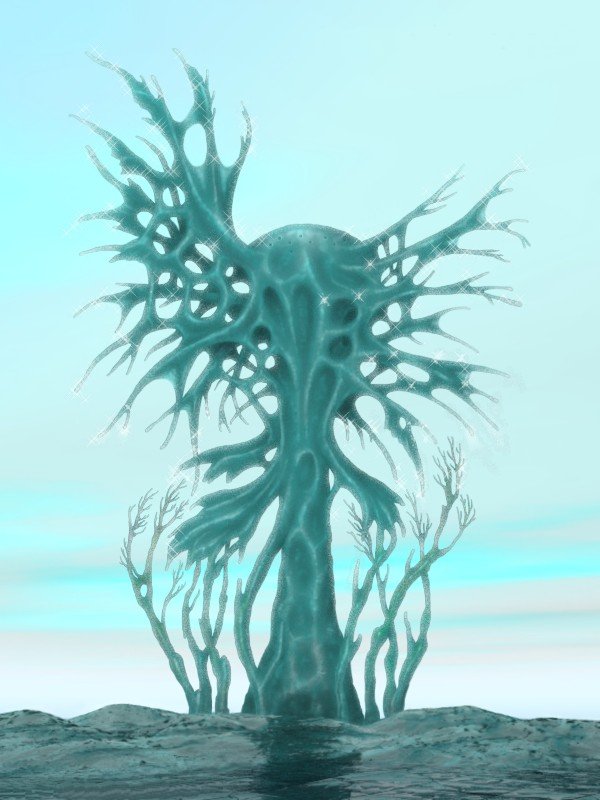
CRN 73617 / Credits: 3
Tuesday / Thursday 11:00am – 12:20pm
Rob Browning
This course focuses on science fiction about non-terrestrial worlds, the alien beings who populate these worlds, and the question of what such imaginative constructions might have to do with planet Earth and our lives as human beings. In fiction and film from the late 19th century to the present, we shall explore a variety of ways SF uses alien otherness to challenge us to think more critically about how we understand human nature and our racial, ethnic, sexual, linguistic, and economic identities under this umbrella. Along the way, we’ll reflect on the human need to imagine beyond what’s known and to disturb familiar categories, what Gregory Benford calls “effing the ineffable.”
Fiction: H.P. Lovecraft, “At the Mountains of Madness”; Olaf Stapledon, Star Maker; Stanislaw Lem, Solaris; Nnedi Okorafor, Lagoon; Liu Cixin, The Three-Body Problem; and shorter fiction by James Tiptree, Jr. (a.k.a., Alice Sheldon), Octavia E. Butler, Ted Chiang, and others.
Films: Invasion of the Body Snatchers (dir. Don Siegel); Alien (dir. Ridley Scott); District 9 (dir. Neill Blomkamp); Under the Skin (dir. Jonathan Glazer); Arrival (dir. Denis Villeneuve).
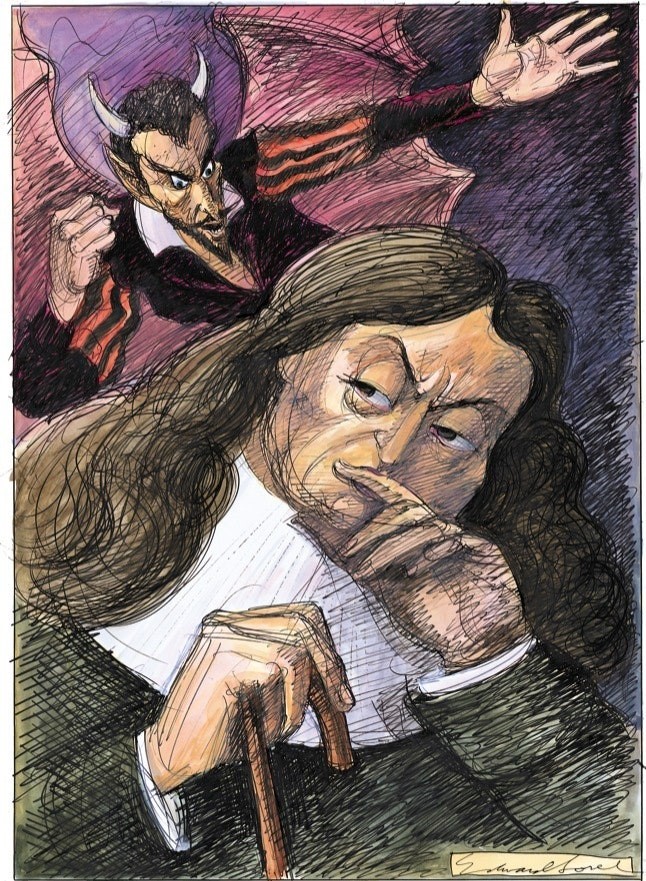
CRN 74321 / Credits: 3
Tuesday / Thursday 2:00pm - 3:20pm
Rob Browning
In his landmark study A Secular Age (2007), philosopher Charles Taylor examines the modern shift in the West “from a society where belief in God is unchallenged and indeed, unproblematic, to one in which it is understood to be one option among others….” What does it mean to read John Milton’s epic Christian poem Paradise Lost in a secular age? In this course, we shall explore answers to this question in regards both to the spirited, often contentious 350-year reception history of the poem and to our own entanglements with the text as readers today. Among other matters, we will look closely into debates touched off by William Blake’s assertion that Milton was “a true Poet and of the Devil’s party without knowing it”; William Empson’s contention that while Milton’s Satan may be bad, his God is worse; various arguments about the status of text and author in a time when critics claimed “the Author is dead”; and evolving readings of the poem through the lens of modern science.
Texts: John Milton, Paradise Lost, ed. B. Lewalski (Wiley Blackwell); Milton’s Selected Poetry and Prose, ed. Rosenblatt (Norton Critical Editions); William Blake, The Marriage of Heaven and Hell (1790); Mary Shelley, Frankenstein (1818); Charles Taylor, A Secular Age (2007).

CRN 74323 / 3 Credits
Tuesday / Thursday 12:30pm – 1:50pm
Katie Kane
The relationship between literary art and literary studies and the practices and discourses of globalization are the subject matter of this seminar. In the course we will trace the lineage of our contemporary economic, environmental, resource based and cultural world system to the colonial expansion of Europe in the sixteenth century. The course also explores the roots of the present in what is (only apparently) the deep past, through the lens of short excerpts from the most important current work in Colonial and Globalization studies—Appadurai, Wallerstein, Moretti, Roy, Jameson, Tsing, et al. We will the read in the diverse, complex and evolving body of culture that emerges out of and addresses the forces of globalization. English is now a global literary language (the language of global power) and we will read Anglophone authors—established and emergent— and writers in translation in order to gauge the impact of globalization on the lives of human beings and the ecosystems they call home. We will attend particularly to the narratives of diaspora, of migration, and of displacement frequently at the center of what is currently called globalization. We will also attempt to read and critically parse the dreams of self-making and economic freedom that undergird narrative and “official” stories of globalization as they inform the genre of the contemporary novel. Key terms in the discourse will be sounded and discussed: cosmopolitanism; migration, displacement, detention, immigration, and return; the global literary marketplace; and the function of literary texts in an epoch characterized by the proliferation and dominance of digital media.
Required Texts:
- Adichie, Chimamanda Ngozi, Half of a Yellow Sun (2006)
- De Waal Edmund, The Hare with Amber Eyes (2010)
- Ferrante, Elena, My Brilliant Friend (2011), translated Ann Goldstein (2012)
- Garner, Helen, This House of Grief (2014)
- Herrera, Yuri, Signs Preceding the End of the World (2009), translated Lisa Dillman (2015)
- Liu, Cixin, The Three Body Problem (2006), translated Kevin Liu, 2012.
- Mabanckou, Alain, Broken Glass (2005), translated Helen Stevenson 2009
- Murakami, Haruki, Kafka on the Shore (2002), translation Philip Gabriel 2003
- Rankine, Claudia, Citizen: An American Lyric (2014)
- Sebald, W.G., Austerlitz (2001), translated Anthea Bell (2001)
- Tokarczuk, Olga, Drive Your Plow Over the Bones of the Dead (2009), translated by Antonia Lloyd-Jones (2018)
- [Graywolf Press] Tse Dorothy, Owlish (2021), translation Natascha Bruce (2023)
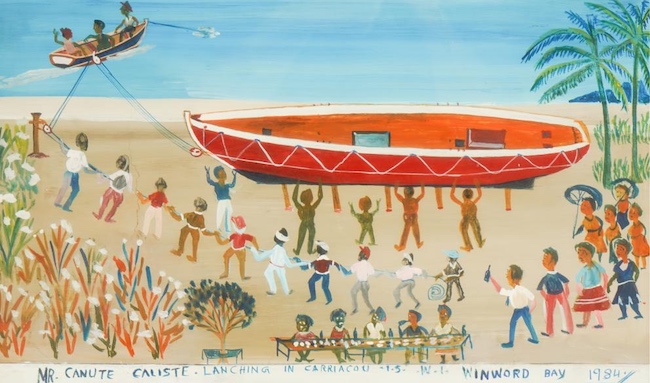
CRN 74620 / 3 Credits
Monday / Wednesday 12:30pm – 1:50pm
Eric Reimer
Recognizing that the convergence of Europeans and West Indians from 1492 onwards entails not merely an encounter of peoples but also an encounter of discourses, this will be a course in what we might call “new world poetics.” We’ll begin the course by reading a series of early modern and Renaissance texts—for example, Columbus’s journals and Shakespeare’s The Tempest—as a way of assessing European models of understanding the “New World,” and considering how future identity possibilities for West Indians are in some sense scripted. We’ll at this point be well positioned to move into various works of contemporary Caribbean poetry, fiction, and non-fiction, including Jean Rhys’s Wide Sargasso Sea, Derek Walcott’s Omeros, Samuel Selvon’s The Lonely Londoners, Michelle Cliff’s No Telephone to Heaven, Patrick Chamoiseau’s Solibo Magnificent, Jamaica Kincaid’s A Small Place, Edwidge Danticat’s The Farming of Bones, Paule Marshall’s Praisesong for the Widow. Examining these texts transhistorically as engagements with and responses to those early “scripts,” we’ll be considering responses to European imperialism from standpoints of different degrees of disengagement from it: indigenous, creole, cosmopolitan exile, etc. The various connotations of “beach reading” will circulate throughout the course; the phrase suggests, among other things, the tendency of early explorers to describe native identities and islands based on surfaces and coastlines, as well as the idea of the Caribbean today as a “brilliant vacuity,” a locale for sunshine, sensuality, and umbrella drinks.
CRN 71957 / 3 credits
Thursday 3:00pm – 5:50pm
Robert Baker
In this course we will study three gifted and widely read poets of our time: two poets who came of age in the 60s and 70s, C. D. Wright (1949 – 2016) and Anne Carson (born in 1950), and one poet who came of age in the 90s, Ross Gay (born in 1974). Wright and Gay are American writers. Carson is a Canadian writer who has had a large American readership and taught at several American universities. Wright’s work is earthy, erotic, collagist, and capacious: she is perhaps best known for her book-length poems that interweave a vernacular lyricism and a broad social scope. Carson’s work is melancholic, ironic, at times riddling, and (for all her debts to modernism) often narrative. Gay’s work is irreverent, exuberant, urban-ecological, and, while deeply attentive to the sorrows and bleaknesses of life, nearly psalmic. All three of these poets have been drawn to the long poem, or the book-length poem, which has something of the range of concerns and voices we find in the modern novel. All three, in different ways, are at once worldly and speculative. All three have a distinctive sense of humor. Each is formally restless and inventive. Each is occasionally drawn to prose or the boundaries between poetry and prose. Each helps us to see what it might mean to live a wakeful life. “Some of us do not read particularly for pleasure or instruction,” Wright says in Cooling Time, “but to be changed, healed, charged.”
There is not an overarching aesthetic or thematic frame for the course. We will be reading three poets who are very different from one another. Our primary concern will be to understand what is disclosed in their particular adventures. Along the way, though, we will try to trace connections among them, to address larger questions raised by their work, and to clarify the ways in which they engage the social and cultural force fields of our time.
A provisional list of readings:
C. D. Wright
- Tremble
- Deepstep Come Shining
- One Big Self
- Cooling Time
- Rising, Falling, Hovering
- One With Others
Anne Carson
- Eros the Bittersweet
- Glass, Irony, and God
- Autobiography of Red
- The Beauty of the Husband
- Red Doc>
Ross Gay
- Bringing the Shovel Down
- Catalog of Unabashed Gratitude
- The Book of Delights
- Be Holding
- Inciting Joy
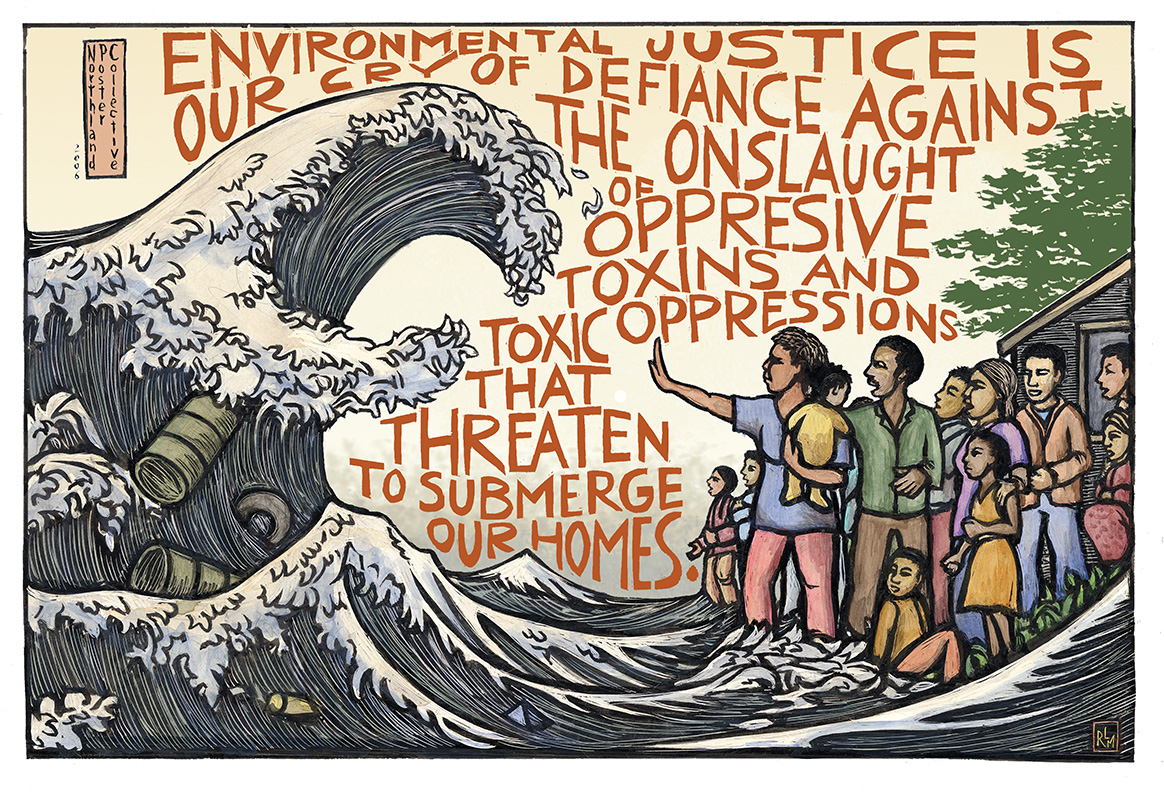
CRN 73607 / 3 credits
Monday 3:30 – 6:20
Louise Economides
Although as recently as 2016 critics such as Amitav Ghosh have attempted to explain why “serious” writers have been slow to engage with environmental challenges such as climate change, there has (in fact) been a dramatic increase in twenty-first century literature which addresses the interrelation between environmental and social justice. This course will address the recent explosion in critically acclaimed climate change fiction (cli-fi) and poetry, as well as literature that explores related topics such as debates over population growth, women’s reproductive rights, links between neo-colonialism, race and environmental justice and the looming crisis of extinction in non-human species. We’ll address both the potential for new alliances between post-colonialism, feminism, critical race and queer theory as well as potential tensions between these discourses and theory that addresses the rights of more-than-human “others.” We may be be reading critics such as Timothy Luke, Greta Gaard, Jason Moore. Dipesh Chakrabarty, Ursula Heise, Donna Haraway, Anna Tsing, Rob Nixon, and Kathryn Yusoff, as well as novelists like Richard Powers, Margaret Atwood, Nnedi Okorafor, Paolo Bacigalupi, Octavia Butler, Jeff VanderMeer and James Bradley, and poets such as Dionne Brand, Timothy Donnelly, Juliana Spahr and Ed Roberson.
